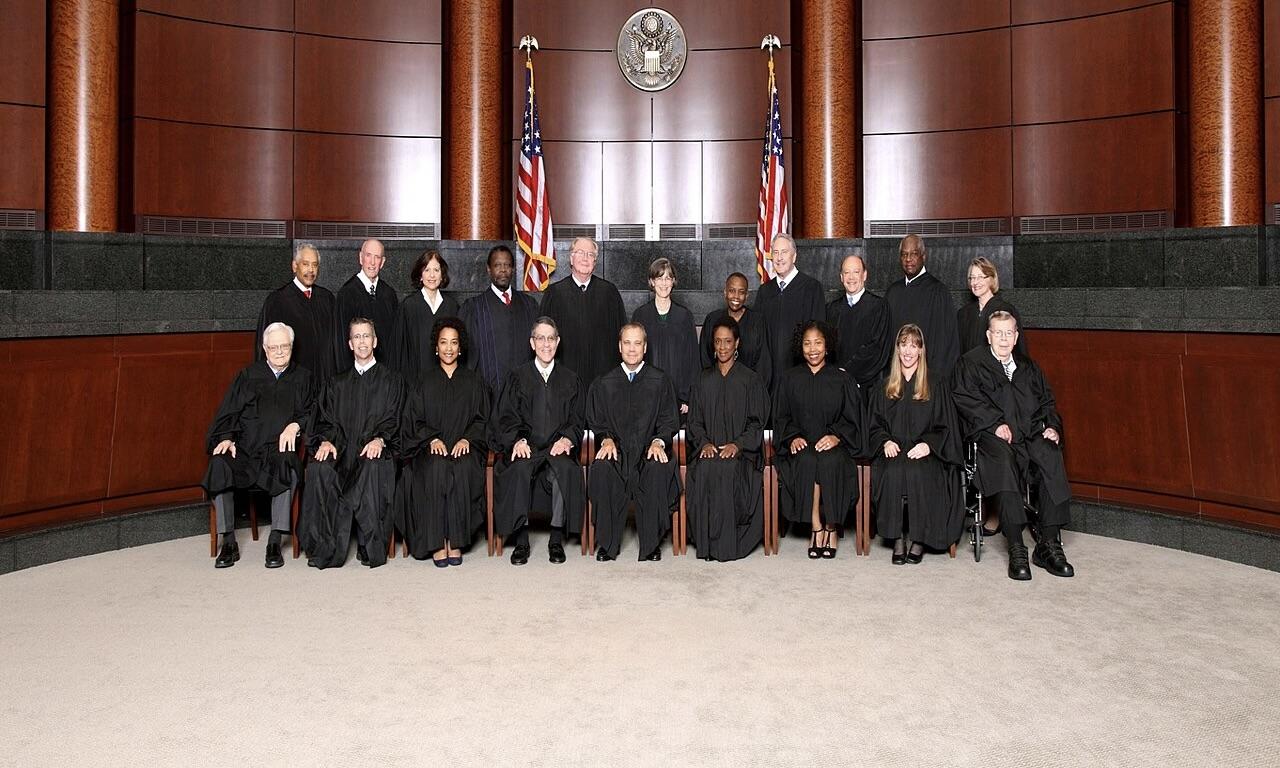A Missouri judge has upheld a state law requiring voters to present government-issued photo identification at polling stations, reigniting debates about voter accessibility and election security. The ruling, issued Tuesday by Cole County Circuit Judge Jon Beetem, is being praised by proponents as a safeguard for election integrity but criticized by opponents as an unnecessary obstacle for vulnerable populations.
The Ruling and Its Implications
Judge Beetem’s decision reinforces a 2016 voter-approved constitutional amendment that enables lawmakers to impose such requirements. Missouri now joins 36 other states that request or mandate voter identification, with 21 states specifically requiring photo IDs, according to the National Conference of State Legislatures.
While the law allows provisional ballots for individuals without photo ID, these ballots are counted only if voters return with proper identification the same day or if election officials verify their signatures. To address accessibility concerns, the state offers free photo ID cards to those in need.
In his ruling, Beetem argued that the measure protects the integrity of elections, stating, “The photo ID requirement enhances the fundamental right to vote by deterring difficult-to-detect forms of voter fraud.”
Supporters Highlight Election Security
Missouri Secretary of State Jay Ashcroft, a Republican, praised the court’s decision, asserting that photo ID requirements are essential for secure elections. “To maintain a secure system for voting, it only stands to reason that a photo ID should be essential,” Ashcroft said in a statement.
Proponents of voter ID laws argue that such measures reduce the risk of fraud and bolster public trust in the electoral process. They contend that requiring identification is a common-sense approach to preserving democracy.
Critics Argue for Accessibility
Opposition to the law has been vocal, with critics claiming it disproportionately affects seniors, people with disabilities, and low-income individuals who may face challenges obtaining valid identification. Groups including the Missouri NAACP, the League of Women Voters, and the Missouri Voter Protection Coalition have expressed strong opposition, emphasizing the potential for disenfranchisement.
Marilyn McLeod, president of the Missouri League of Women Voters, criticized the ruling, stating, “The state should be making it easier, not harder, for Missourians to exercise their fundamental right to vote.”
She added, “There’s no evidence of voter impersonation in Missouri, so these restrictions don’t make our elections any safer or more secure.”
Despite these concerns, Beetem dismissed a 2022 lawsuit challenging the law, arguing that plaintiffs did not experience specific harm since its implementation. “Their claim that their provisional ballots may be rejected is purely speculative,” Beetem wrote, citing data showing low rejection rates.
Social Media Reacts to the Ruling
The ruling has sparked widespread debate online, with users divided over the implications of the photo ID requirement:
- @VoterIntegrity2024: “This is a win for election security. Every vote should be legitimate!”
- @Access4All: “This law is just another way to disenfranchise vulnerable voters. Missouri can do better.”
- @DemocracyWatchdog: “Protecting elections is important, but not at the cost of making voting harder for some.”
- @RightToVote2024: “The court made the right call. Photo ID is a small price for safeguarding democracy.”
- @ElderCareVotes: “What about seniors who can’t easily get IDs? This law doesn’t consider everyone.”
- @LawAndOrderNow: “Critics always find something to complain about. Follow the rules and vote—it’s simple!”
An Ongoing Legal Battle
Opponents, represented by organizations like the ACLU, have vowed to appeal the decision, arguing that the law creates unnecessary barriers for voters. As the legal fight continues, Missouri’s voter ID law remains a focal point in the broader national debate over balancing election security with accessibility.



 Mark Zuckerberg Testifies in Youth Social Media Addiction Trial Over Instagram Policies
Mark Zuckerberg Testifies in Youth Social Media Addiction Trial Over Instagram Policies  Federal Judge Blocks Virginia Social Media Age Verification Law Over First Amendment Concerns
Federal Judge Blocks Virginia Social Media Age Verification Law Over First Amendment Concerns  Suspected Drone Strike Hits RAF Akrotiri Base in Cyprus, Causing Limited Damage
Suspected Drone Strike Hits RAF Akrotiri Base in Cyprus, Causing Limited Damage  Trump Launches Operation Epic Fury: U.S. Strikes on Iran Mark High-Risk Shift in Middle East
Trump Launches Operation Epic Fury: U.S. Strikes on Iran Mark High-Risk Shift in Middle East  Pentagon Leaders Monitor U.S. Iran Operation from Mar-a-Lago
Pentagon Leaders Monitor U.S. Iran Operation from Mar-a-Lago  Russia Signals Openness to U.S. Security Guarantees for Ukraine at Geneva Peace Talks
Russia Signals Openness to U.S. Security Guarantees for Ukraine at Geneva Peace Talks  Macron Urges Emergency UN Security Council Meeting as US-Israel Strikes on Iran Escalate Middle East Tensions
Macron Urges Emergency UN Security Council Meeting as US-Israel Strikes on Iran Escalate Middle East Tensions  Medical Groups Sue FTC Over Gender-Affirming Care Investigations Amid Trump Policy Dispute
Medical Groups Sue FTC Over Gender-Affirming Care Investigations Amid Trump Policy Dispute  Panama Cancels CK Hutchison Port Contracts, Grants Temporary Control to Maersk and MSC
Panama Cancels CK Hutchison Port Contracts, Grants Temporary Control to Maersk and MSC  Failure of US-Iran talks was all-too predictable – but Trump could still have stuck with diplomacy over strikes
Failure of US-Iran talks was all-too predictable – but Trump could still have stuck with diplomacy over strikes  AI is already creeping into election campaigns. NZ’s rules aren’t ready
AI is already creeping into election campaigns. NZ’s rules aren’t ready  Democrats Pledge Major Spending on Virginia Redistricting Ahead of Midterm Elections
Democrats Pledge Major Spending on Virginia Redistricting Ahead of Midterm Elections  Trump Administration Sues Harvard Over Alleged Race-Based Admissions Practices
Trump Administration Sues Harvard Over Alleged Race-Based Admissions Practices  More U.S. Investors Join Arbitration Against South Korea Over Coupang Dispute
More U.S. Investors Join Arbitration Against South Korea Over Coupang Dispute  Santos Wins Court Case Over Net Zero and Sustainability Claims
Santos Wins Court Case Over Net Zero and Sustainability Claims  Israel Declares State of Emergency as Iran Launches Missile Attacks
Israel Declares State of Emergency as Iran Launches Missile Attacks 































